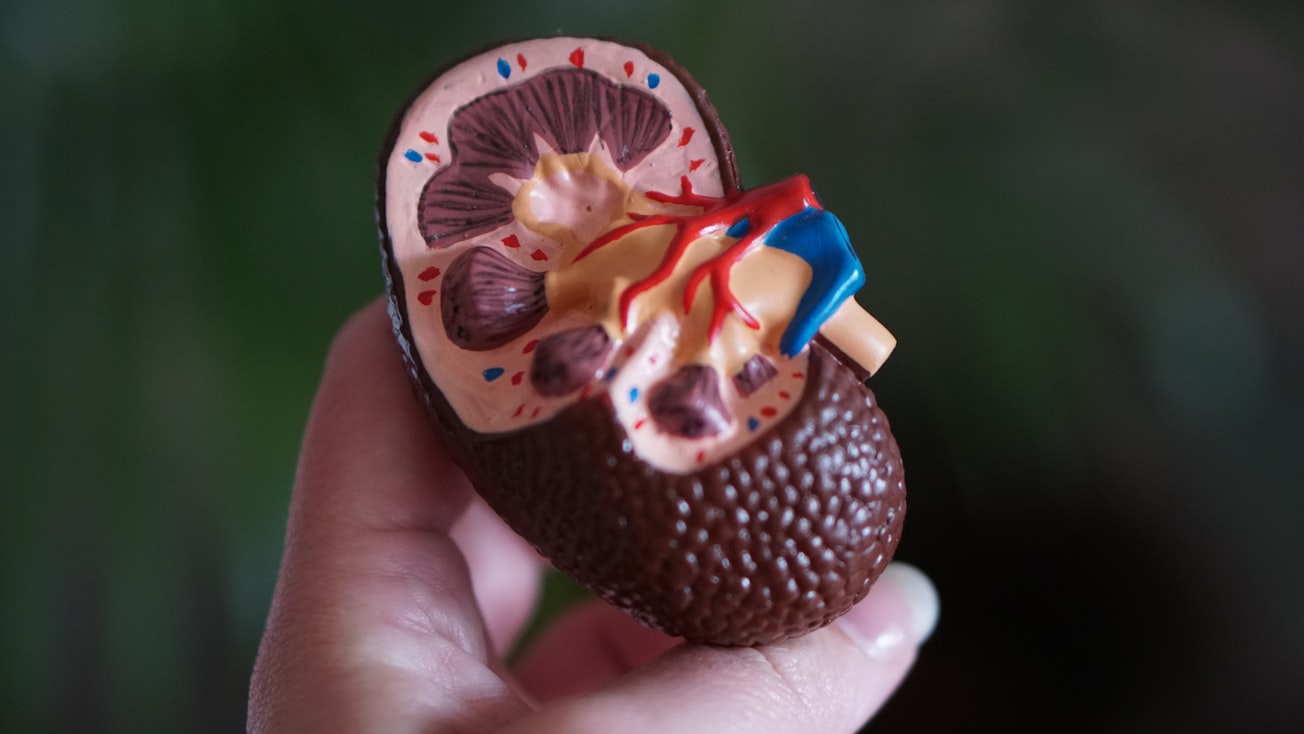What is it about?
ADCK4 mutations generally manifest as steroid-resistant nephrotic syndrome, and cause coenzyme Q10 (CoQ10) deficiency. However, ADCK4’s function remains obscure. Using mouse and cell models, we demonstrated that podocyte-specific Adck4 deletion in mice significantly reduced survival and caused severe FSGS, effects that were prevented by treatment with 2,4-dihydroxybenzoic acid (2,4-diHB), a CoQ10 precursor analogue. ADCK4-knockout podocytes exhibited a significantly reduced CoQ10 level and defects in mitochondrial function that were rescued by 2,4-diHB treatment, thus these phenotypes were attributed to decreased CoQ10 levels. We also found that ADCK4 interacted with mitochondrial proteins, including COQ5, and that ADCK4 knockout decreasediCOQ complex levels.
Featured Image

Photo by Robina Weermeijer on Unsplash
Why is it important?
Our results reveal that ADCK4 is required for CoQ10 biosynthesis and mitochondrial function in podocytes, and suggests a treatment strategy for nephrotic syndrome caused by ADCK4 mutations
Perspectives
Early detection of individuals with ADCK4 mutations is important because they can benefit from supplementation of food supplement, 2,4-diHB.
Heon Yung Gee
Yonsei University
Read the Original
This page is a summary of: ADCK4 Deficiency Destabilizes the Coenzyme Q Complex, Which Is Rescued by 2,4-Dihydroxybenzoic Acid Treatment, Journal of the American Society of Nephrology, May 2020, American Society of Nephrology,
DOI: 10.1681/asn.2019070756.
You can read the full text:
Resources
Contributors
The following have contributed to this page










